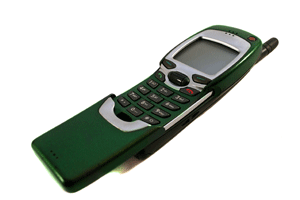Last updated April 12, 2019
 The Federal Communications Commission (FCC) in the United States wants tighter regulations on cell phone signal boosters following concern that they could interfere with carrier networks. Rather than going for an outright ban on boosters, the FCC is instead looking to tighten guidelines on them so that they can be used both effectively and safely without endangering carrier networks.
The Federal Communications Commission (FCC) in the United States wants tighter regulations on cell phone signal boosters following concern that they could interfere with carrier networks. Rather than going for an outright ban on boosters, the FCC is instead looking to tighten guidelines on them so that they can be used both effectively and safely without endangering carrier networks.
“Our goal in this proceeding is to facilitate the development and deployment of well designed signal boosters that do not interfere with wireless networks,” a Notice of Proposed Rulemaking, which was issued as a PDF by the FCC yesterday, states. “The record reflects that there is a genuine need for signal boosters to enhance commercial wireless networks.”
Signal boosters have become a source of controversy in recent times, with some claiming that they are vital for boosting cell phone services in indoor and rural locations, while critics argue that they interfere with networks and cell phone towers and can result in more call dropouts. FCC Commissioner Mignon Clayburn says that technical standards need to be addressed to ensure better service for customers without compromising carriers, adding that the Notice of Proposed Rulemaking that they have issued attempts to promote the development and deployment of signal boosters in a way that is both comprehensive and thoughtful. “These devices have demonstrated that they can help address the coverage gaps that exist within the wireless service areas in both rural and urban environments.”
Jonathan Bacon of Wilson Electronics, which manufactures boosters, says they are “excited” by the FCC’s decision and agrees that “tightening specifications will get rid of the problem products”.